The tube amp vs solid state debate has been going on for years. If you play an electric instrument, particularly guitar, electric piano, keyboards or pedal steel / lap steel guitar – you will need an amplifier of some kind in order for your audience to hear you.
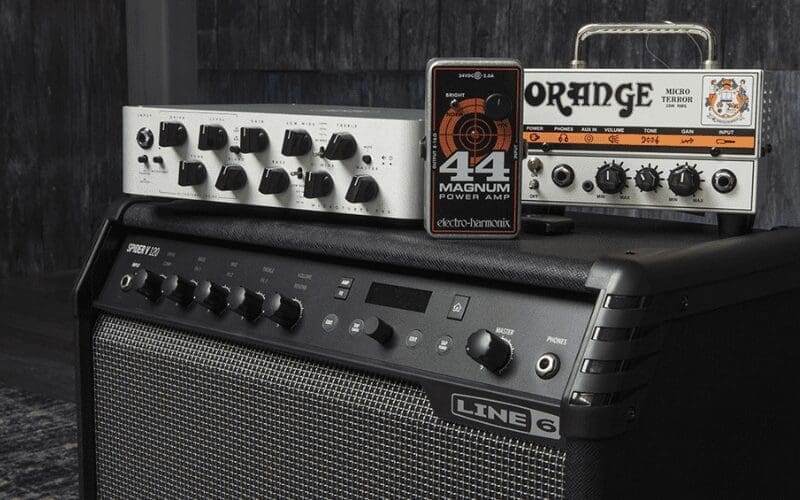
Gear nerds (like us) can talk about the pros and cons of different kinds of amps. Almost as much as we can talk about the different kinds of instruments available; and don’t get us started on guitar pedals – we’ll be here for days!
But if you are just delving into the murky world of guitar amps, it can be quite a confusing read. You will have probably heard talk of tube amps and solid state.
In this article, we’ll cover the difference between the two, weigh up solid state vs tube amplification and cover off the pros and cons of each. Be sure to stick around until the very end so you don’t miss out on any key information!
What Is A Tube Amp?
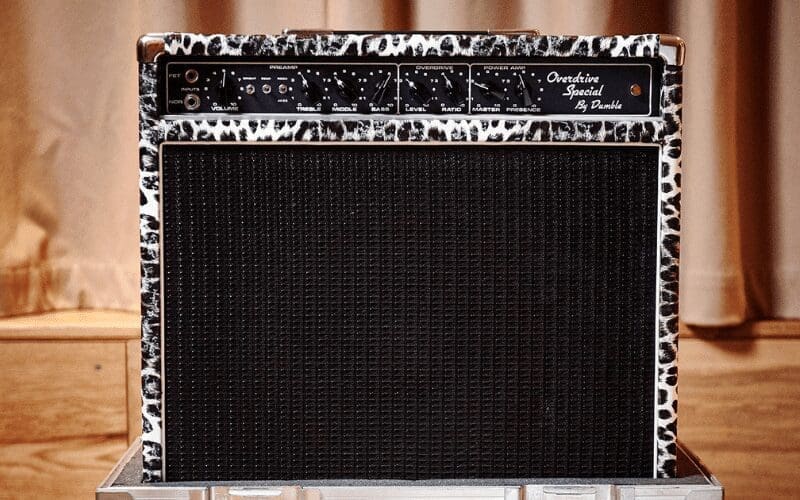
Sometimes referred to as a valve amp, tube amps rely on older technology to take what is a relatively weak signal from a guitar (or similar instrument) pickup and amplify that into something that can be heard audibly.
Vacuum tubes are used to increase the amplitude (or power) of the signal.
What Does A Tube Amp Do?
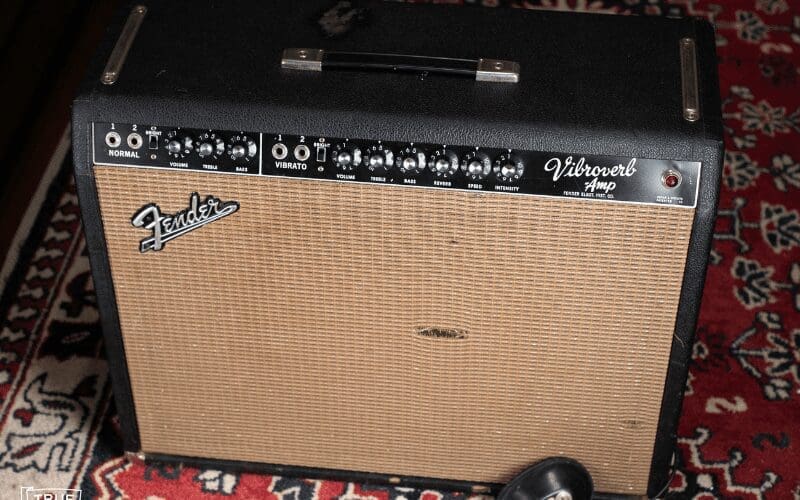
It gets quite technical but to try to explain it in as simple terms as possible: negatively charged electrons travel across the vacuum inside the tube (also known as the valve) toward a positively charged plate when the system is powered.
The flood of electrons can be triggered by the small voltage from a guitar signal. That flood of electrons mirrors the guitar signal, thereby amplifying it many times over.
What Is A Solid State Amp?
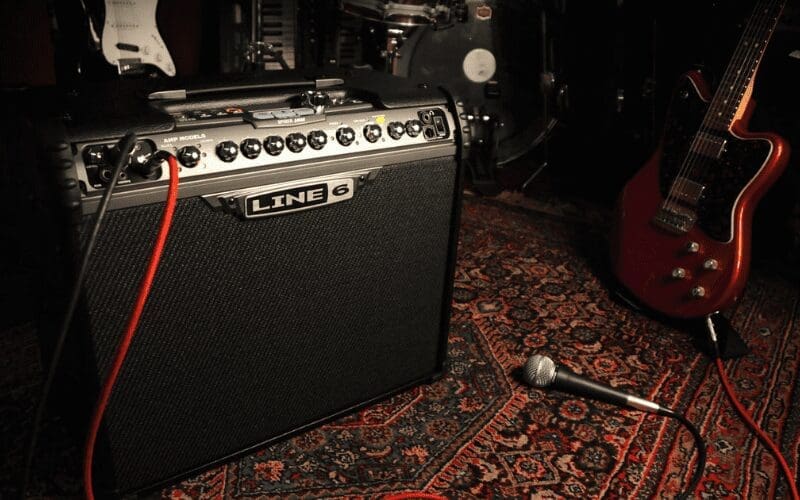
Solid state amps became popular during the 1960s and 1970s. Rather than using vacuum tubes, a solid state amp uses a circuit board to amplify the signal.
What Does A Solid State Amp Do?
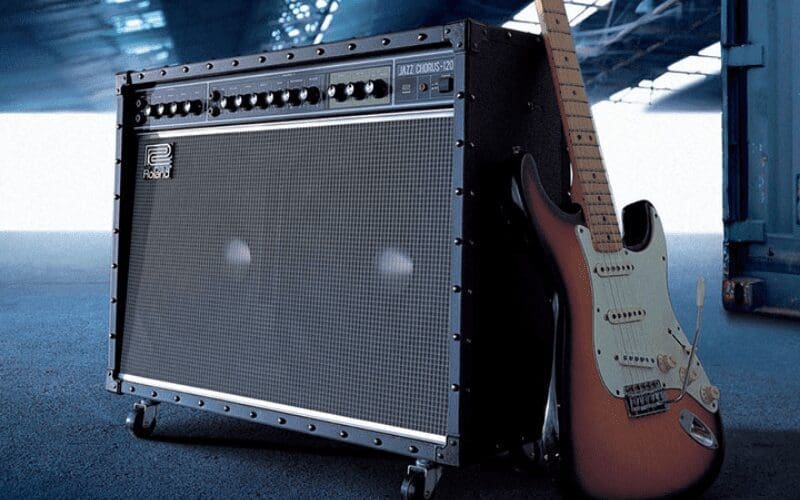
A solid state amp uses transistors in a circuit board to amplify the low signal coming from a guitar or similar magnetic pickup instrument. The name ‘Solid State’ actually refers to semiconductor circuits.
Solid State Amp vs Tube Amp
So what does all of the above mean?
Well, when we consider a tube guitar amp vs solid state, the biggest notable difference is the sound. Tube amps are generally much warmer and by nature they better control some of the harsh frequencies a guitar might produce.
They have a knack for distorting in a beautiful and pleasing way when they are pushed hard. Especially at the high and low ends of the spectrum.
There’s the age-old stereotype of guitarists always playing too loud. Once you dig into the character of tube amplifiers, you can see where this stereotype comes from. The truth is that pushing tube amps hard is the way to get those beautiful tones when the sound starts to break up.
Solid State amps on the other hand don’t work in the same way. They tend to have a much more even response at the lower and higher end of the spectrum. Additionally, they don’t colour the sound of the instrument in the same way that a tube amp does.
Practical Considerations
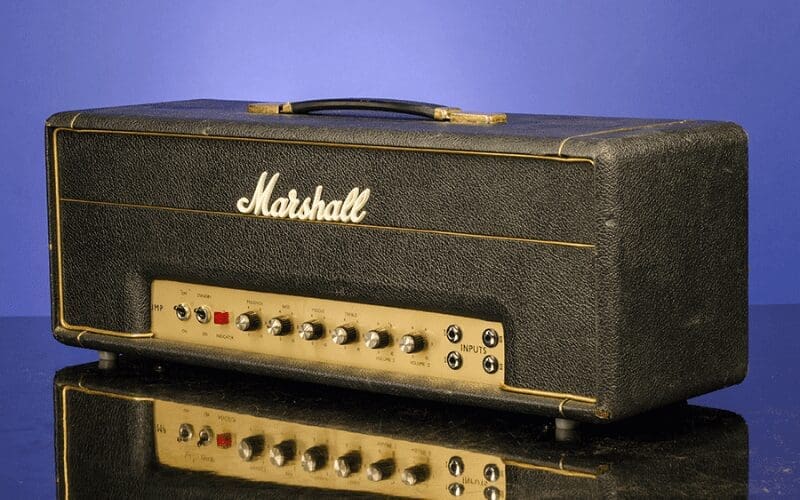
Beyond the sound, there are also some practical considerations when comparing tube amps and solid state amps. Solid State amplifiers generally come in a lower price point – this is because they have fewer components and the components that are involved are relatively cheap and easy to produce.
And that lack of complex components also contributes to the weight. It’s not so much the tubes themselves that are heavy but the circuitry around them is. So Solid State amps generally way just a fraction of their tube counterparts.
And of course, the tubes in an amp are made of glass. That glass is heated and cooled every time the amp is switched on and off. Then the amp is bundled into the van for the next gig and so tube amplifiers can be a little fragile (especially if you have a vintage amp).
Once a tube goes, it needs to be replaced or your sound really suffers. So tube amps often require more ongoing maintenance that solid state amps do not.
You’d be forgiven for reading all of the advantages of solid state amps and wondering why anyone would want a solid state amp. The truth is that the sound of tube amplifiers (particularly on electric guitars) is so wonderful.
Tone
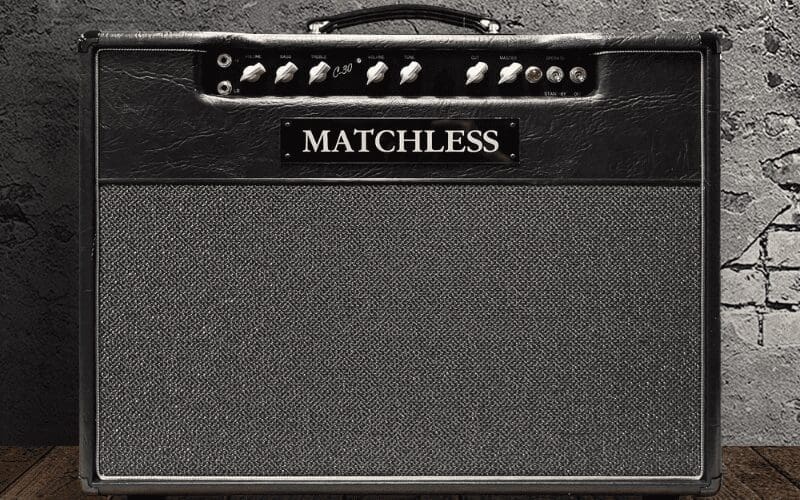
A clean sound with a tube amp has a warmth that is not really possible to achieve on a solid state amp. The nature of tubes make an amp far more responsive to playing.
As a guitarist you can play gently and have a clean tone. But then accent a note by playing slightly harder and have that note distorted.
And if you are playing with a distorted tone, it’s pretty much impossible to get the warmth you hear from artists like Jimi Hendrix, Chuck Berry, Eric Clapton and Jimmy Page (as well as hundreds of others) without a tube amp.
Ultimately, what kind of amp you get will totally depend on what kind of sound you are looking for. If you are a guitarist playing pop, rock, country, etc., then a tube amp will probably be the key to unlocking some of the tones you are looking for.
On the other hand, if you are a guitarist playing jazz and you are searching for a super-clean tone, then a solid state amp might be a great choice.
Similarly, if you are a keyboard player and looking to get a really clean piano sound, or a bass player looking for thumping low end, solid state amps could be the best choice for that kind of sound.
But then again, if you are an electric piano player, there are not many sounds on Earth that are as beautiful as a Fender Rhodes going hot into a tube amp!
What Is Best For A Beginner?
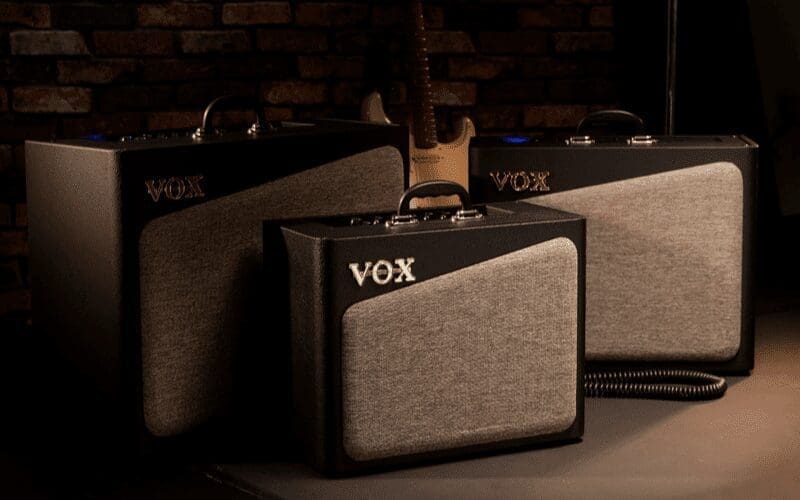
This is actually quite a difficult question. On the one hand, solid state amplifiers are cheaper, easier to transport and more reliable. On the other hand, a tube amp will be much easier on the ear and perhaps, therefore, inspire you more as you won’t be fighting the amp.
I would say that a small tube amp might be the best option. Vox have actually developed a really nice analogue tube amplifier with built in effects that is relatively cheap in their AV15 which retails at around £169.
As a modern tube amp, it is a little more robust than some of the delicate vintage tube specials you sometimes see.
Amp Modelers
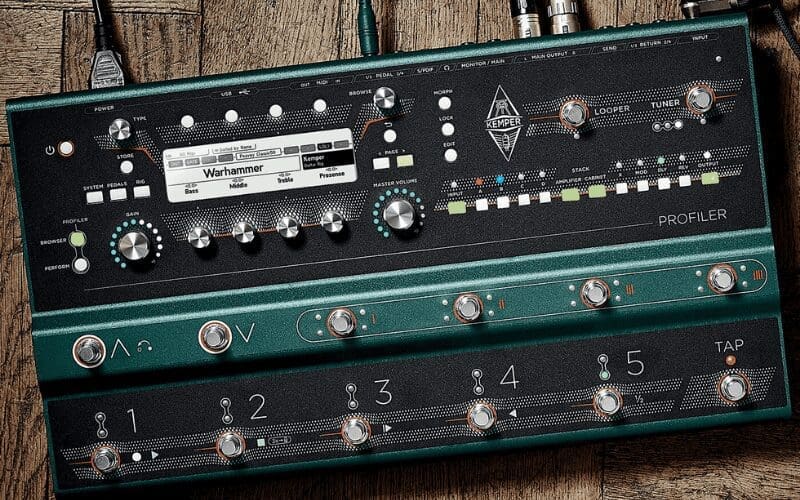
There is also a third option. More and more, guitarists are using amp profilers made by companies such as Line 6, Strymon or Kemper. For more information, check out our article on Amp Modelers.
10-15 years ago, an amp modeller would have been sneered at by most guitarists. They’ve since become much more sophisticated and combine great (almost imperceptibly close to the real thing) tube sounds.
All of this with reliability in a lightweight package.
Our Final Thoughts
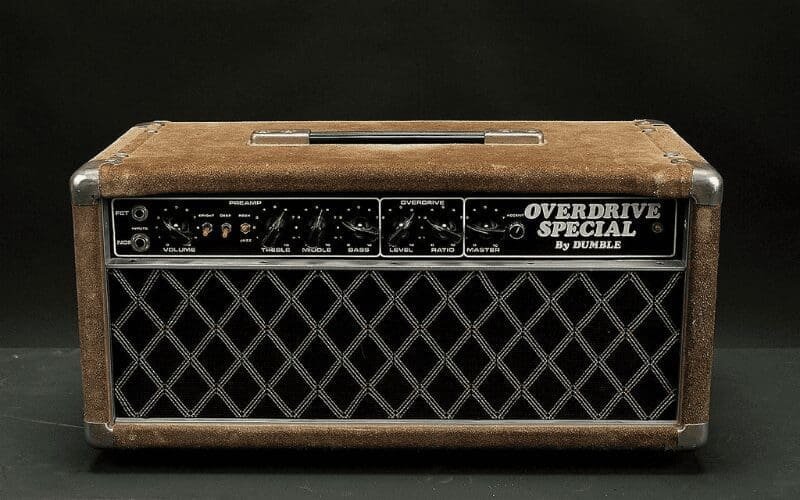
As mentioned above, when thinking about a solid state amp vs tube amp set up, there are a few different considerations. You have to weigh the perfect sound against the considerations for reliability, cost and maintenance.
We generally love the sound of a tube amp for guitar, pedal steel, lap steel and electric piano. We would generally advise anyone playing those instruments to consider a tube amp.
But of course, it totally depends on what works for you. There are some benefits to doing things a little differently.
For example, Johnny Greenwood of Radiohead uses a tube amp for his clean sound and a solid state for his distorted sound. This is counter to conventional electric guitar wisdom but clearly works well.
Finally, we’d say that whatever amp you choose, go to a music shop and play around with a few different options. Half of being a musician is discovering and defining your own sound. So let your ears be your guide and get something works for you and the sound you want to make.
What’s your preference of amp? Let us know in the comment section below. If you enjoyed this article, why not share it on social media. Be sure to tag us @musicgateway!
If you enjoyed this article, why not check out another on our blog? Here are articles on Amp Modelers, Plug-ins Vs Real Amps and Best Guitar Amps For Home And Stage Use to get you started!
Are You A Musician Or Artist?
Do you want to learn more about roles in the music industry and further your education? Then check out the Academy. Our courses are designed to give you skills that are valuable to you as a music professional. Whether you’re looking to learn more about the music industry, understand how to use a specific DAW, or want to get better at songwriting, we’ve got a course for you!
By joining Мusic Gateway, you can also collaborate globally with other musicians, songwriters producers and more. Finally, amplify your music to those that need to hear it with music promotion and professional sharing tools. Get your 14-day free trial, no strings attached.










